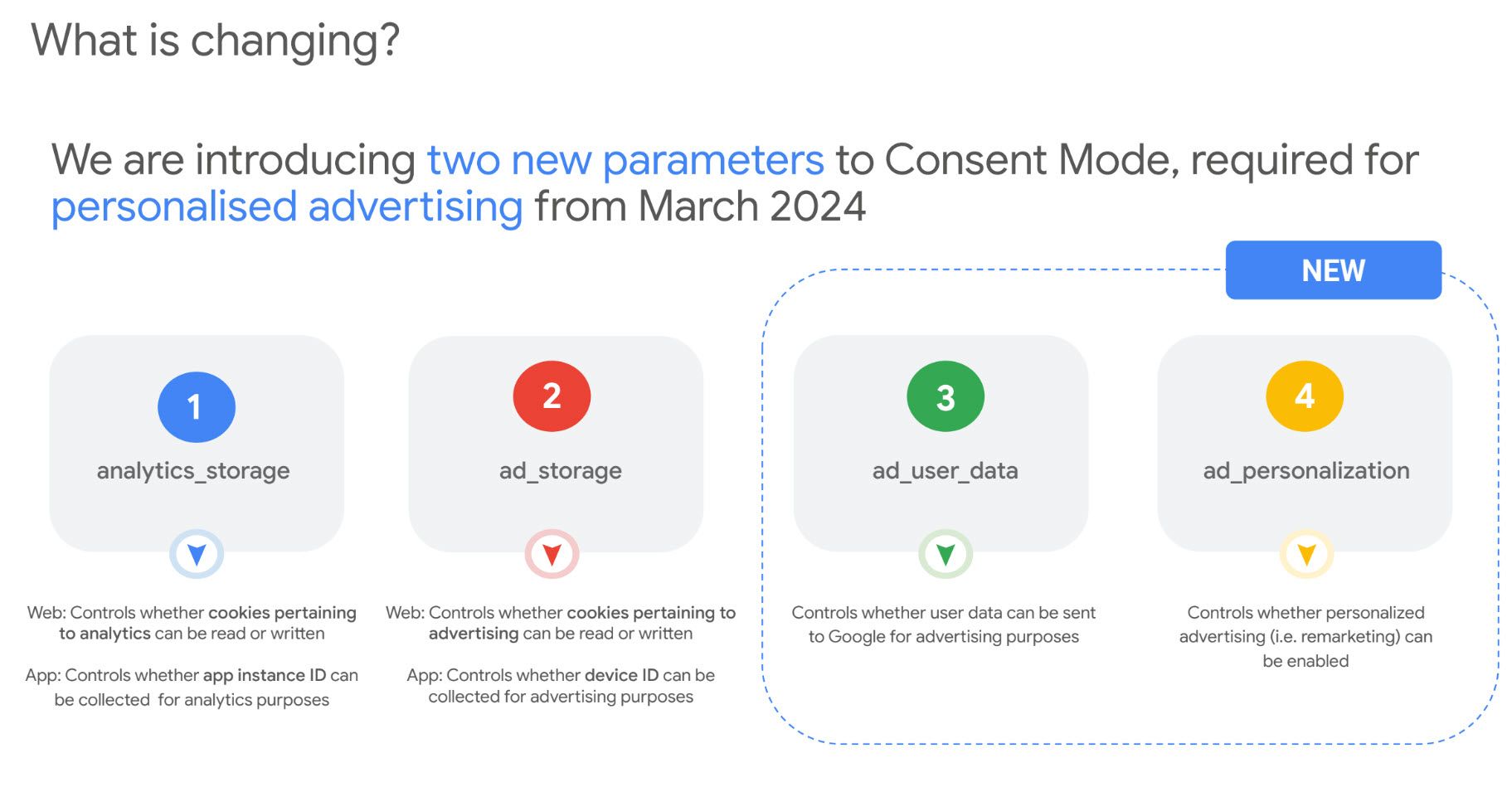
15 Best Ideas for Marketing Your Property Development
...
Key legal aspects that every real estate developer should include on their development site to safeguard against potential legal issues.
In today's world, where the internet is the first place where potential customers look for information about development projects, it's crucial that your website not only attracts attention and generates interest but is also compliant with legal regulations. It's not just about catching the eye—it's about building solid trust among those who may invest in your projects.
Law and websites are two worlds that must coexist harmoniously. Therefore, it's important to ensure that your site not only showcases attractive 3D visualizations and detailed information about your investments but is also fully transparent and compliant with regulations. It's like extending a hand to your client—showing that you are trustworthy, responsible, and professional.
Remember, every detail matters. From clearly presenting the terms of purchase, through privacy policy, to information about possible investment securities. All this contributes to the image of your brand in the eyes of the customer. After all, building homes also means building relationships. Show that anyone who decides to purchase in your development can feel safe and confident at every stage of cooperation.

In a world governed by GDPR and other personal data protection regulations, every website that collects personal information, such as names or email addresses through contact forms, must have a clear and easily accessible privacy policy. It's somewhat like the rules of the game—anyone visiting your site should know the terms of their participation.
Your privacy policy is like a treasure map, showing what information you collect on your real estate investment site, what you use it for, where it's stored, and who can access it. It shows that you are transparent and care about the security of your users' data. In today's world, where online trust is golden, such action builds a positive image of your company and shows that you are trustworthy. Remember, a good reputation is fundamental online—a solid privacy policy is a step toward building it.
According to current regulations, every real estate developer website should serve as a business card full of important information: company name, registered office address, Tax numer etc.. This is the foundation that builds trust and credibility in the eyes of potential customers. With this information, every visitor to your site can easily check and verify your company, which is absolutely crucial nowadays when it's so easy to come across dishonest practices.
Think of this information as the solid foundation of your online reputation. It's not just a legal requirement, but primarily a way to show that your company is open, transparent, and ready to build lasting relationships with clients on clear and mutual trust terms. These small details can determine whether a potential customer will decide to continue cooperation. Show that you are trustworthy from the start!

The "Terms of Use" or "Site Regulations" section is a nice bonus to have on your developer and investment site. It's not an absolute must-have, but it definitely adds professionalism and shows that you care about transparency. It's a bit like the rules of good neighborliness—you don't have to hang them on the door, but once you do, everyone knows what to expect and how to behave.
This part of your site is a kind of guide for visitors, explaining how they can use your content and what they can do on your site. From copyright laws to liability rules—all this creates clear frameworks for cooperation.

In these times, when Google has introduced consent mode 2, informing users about the use of cookies and obtaining their consent has become not only a matter of complying with legal regulations but also a requirement for websites to efficiently use Google tools such as Google Analytics or Google Ads. Consent mode 2 is a feature that allows websites to adjust how they collect and use data depending on the user's consent. This enables Google tools to operate in a way that aligns with the user's privacy preferences.
This changes the game for websites wanting to leverage the full potential of Google's analytical and advertising tools. Now, for a site to effectively analyze user traffic, personalize content, or integrate external services, it not only has to inform users about cookies and obtain their consent but also do so in a way that complies with Google's consent mode 2.
This emphasizes how important it is for real estate developer and ivestment websites not only to adhere to general cookie regulations but also to adjust to the specific requirements of the tools they use. In practice, this provides users with greater control over their privacy, while allowing sites to efficiently use data in accordance with that privacy. Therefore, by complying with consent mode 2, you show that your site is a step ahead in protecting users' data and is ready for the challenges of the modern internet.
All offers on your site, such as apartment plans, visualizations, or prices, should clearly indicate that they are indicative and subject to change. It's very important to be transparent in your communication with potential customers from the start.
Think of it like the fine print that accompanies promotions—it's not just a matter of fairness, but also a way to avoid misunderstandings in the future. By providing such information, you build trust by showing that you are open and honest. It also shows that you understand that buying real estate is a big step for most people, and you want them to be fully aware of all aspects of that decision.
By adding such disclaimers, you send a clear signal that you value transparency and want your clients to feel safe, knowing that all presented information is current but may change. This not only legally protects you but also builds a positive image of your company as a responsible and reliable real estate developer.
Complying with legal standards on a developer's website is more than just adhering to the regulations. It's the foundation for building a professional image of your company and strengthening trust among potential customers. Remember, for many people, your site is the first impression they have of your business. As is well known, you can only make a first impression once, so it's crucial that the site is not only aesthetically pleasing but also correctly constructed in legal terms.
It's a bit like a well-designed interior—it should not only look great but also be functional and safe for users. Similarly, your site should not only attract attention with its design and offers but also send a clear signal that you are a trustworthy and reliable business partner.
A well-constructed site that meets all legal requirements shows that you care about details and have a professional approach to your business. This, in turn, translates into greater trust from customers, which is invaluable in the development industry where purchase decisions are significant investments. Thus, the proper construction of a website not only ensures peace of mind in terms of legality but is a key element in building the success of your business.
Book a free consultation.
Sign up now for our free RendProletter and receive 1 email every week with a short summary of the best posts from our blog and emails with unique offers you won't find anywhere else!